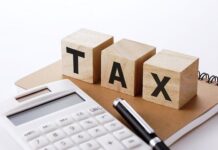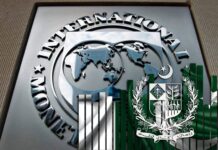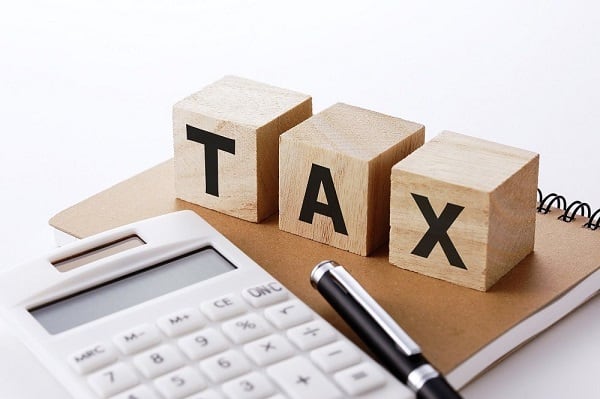Federal Board of Revenue (FBR) Chairman Rashid Mehmood Langrial said that the government has drawn up a roadmap to raise Pakistan’s tax-to-GDP ratio to 18% by FY28, primarily through expanding the tax base and strengthening enforcement.
Speaking at a Pakistan Business Council (PBC) seminar on “Transformation of FBR,” Langrial said Pakistan’s current tax-to-GDP ratio stands at 10.33%, with provinces contributing only 0.85%. He said federal tax collection must rise to 15% and provincial collections to 3% over the next three years to achieve the target.
Langrial said the FBR has compiled comprehensive data on individuals and businesses involved in tax evasion, adding that automation, digitalisation and the track-and-trace system were central to the reform plan. He noted that the sugar sector, once divided between taxed and untaxed supply, was now fully documented.
He said major compliance gaps remain in sectors such as textile spinning, pointing out that “1.5 million bales are accounted for, but the FBR has no record of bales produced at Faisalabad’s Sutar Mandi or their destination.”
The chairman also highlighted widespread under-reporting in the medical sector, stating that over 90% of hospitals accept payments only in cash to conceal income. “Only 150,000 doctors are registered with the FBR, and on average they pay around Rs2 million per year in income tax, despite lifestyles indicating earnings far higher,” he told the seminar.
Langrial defended the 2% final tax on exporters but said it could be withdrawn if the government concluded it was hurting export performance. He acknowledged that manufacturing and corporate sectors are heavily taxed and said rationalisation was essential. “We know there is no justification for super tax and high corporate tax,” he said, adding that reductions would depend on fiscal space.
























